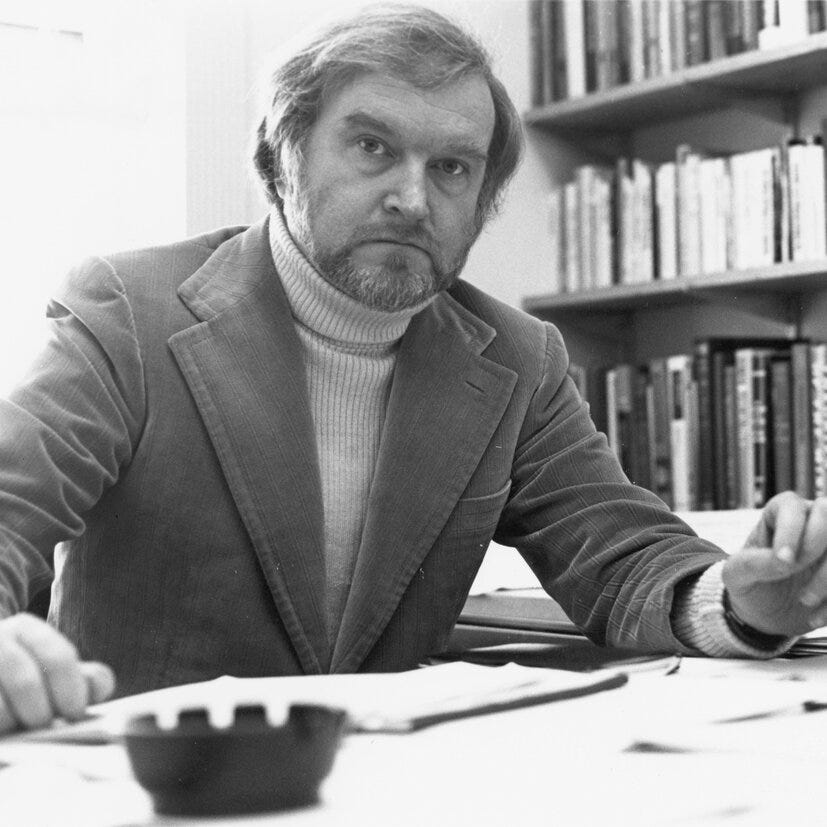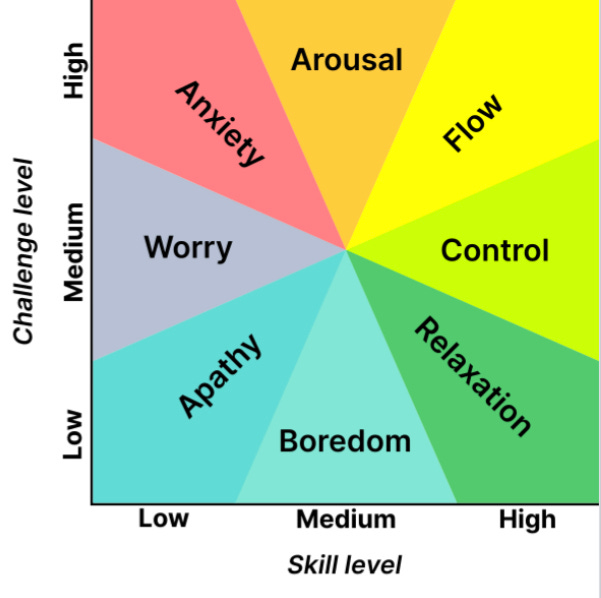Immersed in the Flow: Unveiling the History, Experience, Personality Factors, and Pathways to Inducing Flow State
4 min read time
You must have heard someone say, “I was in the zone bro”, or “I was lost in it”. It’s a description of the time of productivity when people are lost in the activity. The only matter of interest to that human at that particular time is the task at hand. This state of being is called the ‘Flow State’.
The term was coined by positive psychologist Mihály Csíkszentmihályi. In 1990 he released a book called Flow: The Psychology of Optimal Experience, it explores the ideas on how we can attain happiness. It explores the questions, ‘What makes us happy?’, ‘How can we live a fulfilling life?’
In Csíkszentmihályi’s words, flow is “a state in which people are so involved in an activity that nothing else seems to matter; the experience is so enjoyable that people will continue to do it even at great cost, for the sheer sake of doing it”.
History
Artists and athletes get lost in their work. In colloquial terms, they are in the ‘zone’. Nothing else seems to matter to them and they are lost in their work. Csíkszentmihályi wanted to understand this phenomenon better and ended up developing the term, ‘flow state’.
The name stems from the description that most of the athletes and musicians he interviewed. They said that when they were in the ’zone’, they felt like they were floating on water, effortlessly.
These 8 things are usually experienced during the flow state:
Utmost concentration on the task at hand.
A clear image of goals and rewards in mind while receiving immediate feedback on them.
Distortion of time. There is a sense of perception that time moves faster.
Intrinsic motivation and reward.
The task at hand feels effortless.
A good balance between challenges and skills.
Action and awareness are merged, losing self-conscious rumination.
A sense of control over the task at hand.
Do certain people experience the flow state more easily than others?
Yes, people of certain personalities and characters, experience the flow state better than others. Let’s look at some research to understand this better.
A study was conducted in 2007 by Miroslaw Mikicin from the University of Physical Education, Warsaw, Poland. It aimed to understand the possible effects of personality, locus of control and motivation for success on experiencing flow states by athletes. It showed that a person with an autotelic personality experiences the flow state better than others.
An autotelic individual “is an individual who generally does things for their own sake, rather in order to achieve some later external goal.” They are intrinsically motivated. A friendly, non-conflictive disposition, reliability, strong will and persistence in attaining goals, are typical of an autotelic personality. In other words, it can be said that personality types like conscientiousness and agreeableness showed a better and easier experience of the flow state. Neuroticism negatively correlated with the experience of flow state.
The study also found that people with internal locus of control experienced it better than people with external locus of control. The former could adjust and adapt easily when confronted with a challenge.
Is that it or are there other factors?
The Skill Level vs the Challenge Level
Low Skill Level - Low Challenge Level: Apathy
Low Skill Level - Medium Challenge Level: Worry
Low Skill Level - High Challenge Level: Anxiety
Medium Skill Level - Low Challenge Level: Boredom
Medium Skill Level - High Challenge Level: Arousal
High Skill Level - Low Challenge Level: Relaxation
High Skill Level - Medium Challenge Level: Control
High Skill Level - High Challenge Level: Flow
How to get into Flow State?
Eliminating distractions and not indulging in multitasking is really important to be able to enter the flow state. According to Csíkszentmihályi distraction is the enemy of flow.
Steven Kotler a flow expert gave a three-step formula in 2021 to get more easily into the flow state in everyday life.
Identify your most enjoyable activity
Choose an intrinsically rewarding activity. This usually acts as the trigger to enter the flow state.
Identify your most focused time of day
We work optimally at different parts of the day. You need to figure out when you work the best and getting into the flow state in this timeframe gets very easy.
Choose a daily recovery time
Be it with exercises or flow state, recovery is important. It replenishes our body and energy and gets us ready for the life ahead. It is advised that you take complete time off from any kind of work and the internet and do some fun activities that revitalise you.
Try to inculcate all that you have learnt here and let me know if it had any impact on your day-to-day productivity.
In this chaotic world, it is hard to be productive, sometimes it is hard to just feel some sort of happiness. But, we have psychology to tell us what we can do to enter the state where we are one with the task at hand. It explores how we can boost our happiness. It’s truly a beautiful subject, isn’t it?
ps: dangerous floof





